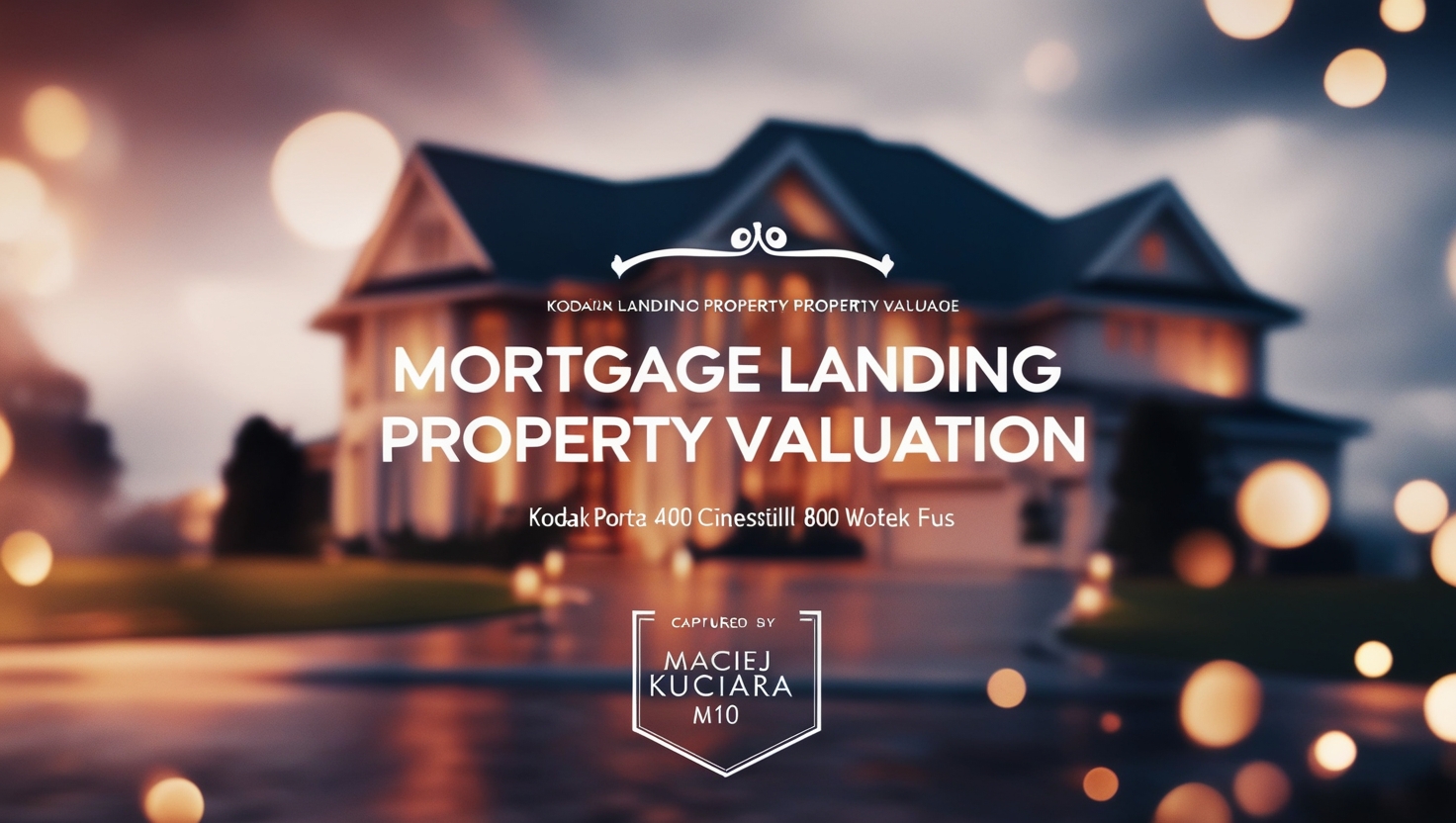
Modular housing is redefining the landscape of residential real estate, offering a streamlined, efficient, and often more affordable alternative to traditional homebuilding methods. As modular homes gain popularity, their impact on mortgage lending and property valuation is becoming increasingly significant. Here’s a closer look at how innovations in modular housing are shaping these critical aspects of the real estate market.
Understanding Modular Housing
1. What is Modular Housing?
Modular housing refers to homes that are constructed in sections or “modules” in a factory setting before being transported and assembled on-site. These homes are built to the same codes and standards as traditional homes but are completed more quickly and often at a lower cost. The modular approach allows for greater precision in construction and can reduce waste, making it an attractive option for both builders and buyers.
2. The Rise of Modular Housing Innovations
Recent advancements in modular housing include improved construction materials, enhanced energy efficiency, and greater customization options. Innovations such as smart home technology integration and sustainable building practices are also becoming more common. These developments are making modular homes not just a practical choice, but a desirable one for modern buyers.
Impact on Mortgage Lending
1. Streamlined Financing Processes
Modular homes often benefit from streamlined financing processes compared to traditional homes. Lenders are increasingly recognizing the value and efficiency of modular construction, which can reduce the time and complexity associated with home loans. With modular homes being completed faster and more predictably, lenders can offer more straightforward and timely mortgage options.
For instance, some lenders are now offering specialized loan products for modular homes, designed to accommodate their unique construction and assembly processes. These products often feature flexible terms and competitive rates, making it easier for buyers to secure financing.
2. Reduced Construction Risks
The controlled factory environment in which modular homes are built minimizes construction risks such as weather delays or labor shortages. This reduced risk can make modular homes a more attractive option for lenders, as it translates to fewer potential complications during the construction phase.
By mitigating these risks, modular housing can lead to fewer project delays and cost overruns, which can positively influence lending decisions. Lenders are more likely to view modular homes as a stable investment, which can result in more favorable mortgage terms for buyers.
3. Affordability and Accessibility
One of the most significant benefits of modular housing is its potential for affordability. With lower construction costs and shorter build times, modular homes can be priced more competitively than traditional homes. This affordability can open up homeownership to a broader range of buyers, including first-time homeowners and those with more modest budgets.
Mortgage lenders are responding to this trend by offering products tailored to the lower price points of modular homes. Additionally, the affordability of modular housing can lead to lower loan amounts, which can be advantageous for both lenders and borrowers, reducing the risk of default and improving loan accessibility.
Impact on Property Valuation
1. Evolving Market Perceptions
The perception of modular homes is evolving. As innovations continue to enhance the quality and aesthetics of modular housing, these homes are increasingly being seen as valuable assets in the real estate market. Modern modular homes can rival or even exceed the quality of traditional homes, which is positively impacting their market value.
Real estate appraisers are beginning to recognize the value of modular homes more accurately. As the industry standardizes and improves, appraisers are better able to assess modular properties, leading to more accurate valuations that reflect their true worth.
2. Comparisons with Traditional Homes
One challenge with modular housing is the comparison with traditional homes in the appraisal process. Historically, modular homes have been viewed with skepticism compared to their site-built counterparts. However, as modular homes become more sophisticated and widely accepted, this perception is shifting.
Appraisers are increasingly considering factors such as the quality of materials, design, and energy efficiency when valuing modular homes. Innovations in modular housing are helping to bridge the gap between traditional and modular properties, resulting in more equitable valuations.
3. Impact on Resale Value
The resale value of modular homes is influenced by several factors, including market demand, location, and the quality of construction. As modular housing becomes more mainstream and its benefits are better understood, resale values are likely to improve. High-quality modular homes with modern features and energy-efficient designs can command competitive prices in the resale market.
Additionally, the increased acceptance and recognition of modular homes in the real estate market can lead to greater demand and higher resale values. Buyers are increasingly viewing modular homes as a viable and desirable option, which can positively impact their long-term value.
Challenges and Considerations
1. Regulatory and Zoning Issues
Modular homes may face regulatory and zoning challenges that can impact their financing and valuation. Local building codes and zoning regulations can vary, and navigating these requirements can sometimes be complex. Buyers and lenders need to be aware of these factors and ensure that modular homes comply with all relevant regulations.
2. Market Education
Ongoing education and awareness are crucial for further acceptance of modular housing. Educating buyers, lenders, and appraisers about the benefits and quality of modular homes can help address any remaining misconceptions and promote a more accurate understanding of their value.
Conclusion
Modular housing innovations are significantly influencing mortgage lending and property valuation. By offering streamlined financing processes, reduced construction risks, and increased affordability, modular homes are making homeownership more accessible and appealing. As the perception of modular homes evolves and market acceptance grows, their impact on property valuation is expected to become even more pronounced. The future of modular housing is bright, promising a more efficient, affordable, and equitable approach to homeownership that benefits buyers, lenders, and the real estate market as a whole.
